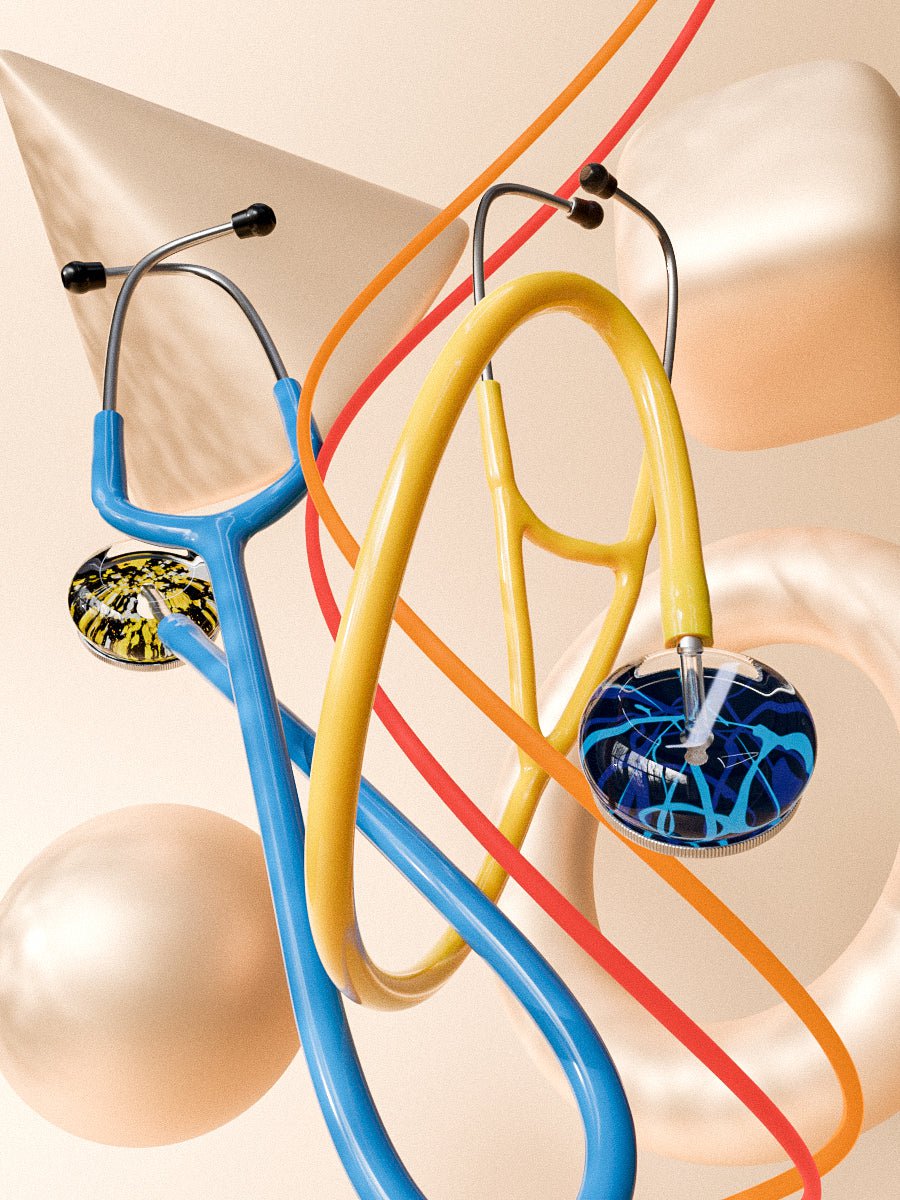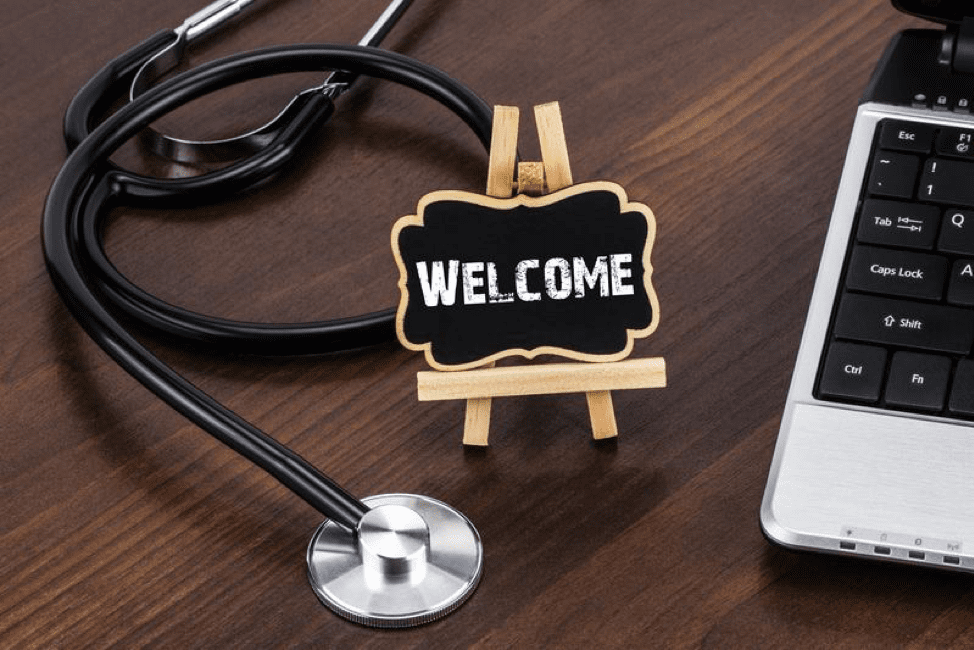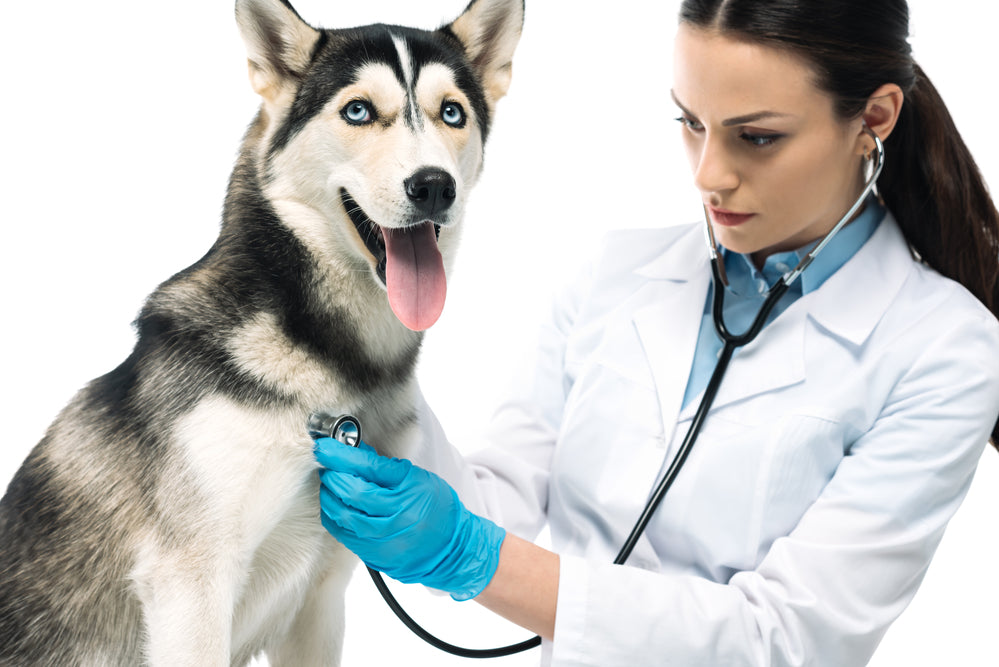From small practices to large hospitals, medical staff must deal with a wide range of people. Here at Ultrascope, we believe in doctors whowant to give their patients personalized care. You may work with hundreds of different people, but you can still work with empathy and considerations for individuals.
People with disabilities need some accommodations but also must be treated with the same dignity and welcoming attitude afforded to other patients as they pass through the doors. While there are laws that require certain accessibility standards are met, there is far more to creating an all-inclusive atmosphere for everyone.
Low-Vision and Blind Patients
All doctors, nurses and support staff should warmly greet everyone with a smile whether the patient can see that smile or not. A smile translates to your voice and resonates with people who will reward you with a smile back. Other things to help those with limited vision include:
- Keeping traffic patterns simple and uncluttered
- Being accommodating to service animals as well as to helpers or aides that may accompany the person
- Offering to guide the person through smaller areas, but let them tell you how they want to do that--they may want to use their cane, or they may want to take your elbow; it is their call
More:Resources for the Visually Impaired
Hard-of-Hearing and Deaf Patients
Speaking to someone who is hard of hearing through glass or a small window is frustrating for them. If they can read lips, make sure that you speak slowly and carefully, but do not shout at them because that will not help. If you don’t know sign language, have interpreters on hand to assist deaf patients, especially if they are facing a tough diagnosis or a complex procedure. They will have questions that need to be answered.
Someone from your staff could even volunteer to learn sign language so that you know there is always at least one person that can help out. If the deaf person brings someone with them, speak to the patient, not the helper, unless you’re asked to do otherwise.
More:Sign Language for Medical Professionals
Patients with Mobility Issues
People using wheelchairs, crutches and canes need to know that they will not be bumping into other people, so make sure that you have adequate space for them to get around. Narrow hallways can be problematic; make sure that you have an alternate exam room for people that may not be able to navigate the entire building.
More:Mobility Impairment and Motivation
No matter what, always remember that you are treating the patient for a reason that may have nothing to do with their disability that day. Treat them well.





